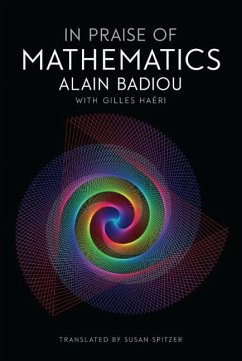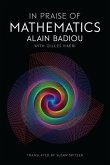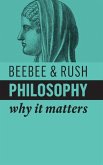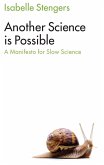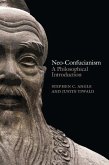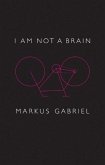Why bother to praise mathematics when you claim, as Alain Badiou does, that philosophy is first and foremost a metaphysics of happiness, or else it's not worth an hour of trouble? What possible relationship can there be between mathematics and happiness?
That is precisely the issue at stake in this dialogue, which serves as a very accessible introduction to what mathematics is and an exploration of the crucial influence it has always exerted on the greatest philosophers. Far from the thankless, pointless exercises they are often thought to be, mathematics and logic are indispensable guides to ridding ourselves of dominant opinions and making possible an access to truths, or to a human experience of the utmost value. That is why mathematics may well be the shortest path to the true life, which, when it exists, is characterized by an incomparable happiness.
That is precisely the issue at stake in this dialogue, which serves as a very accessible introduction to what mathematics is and an exploration of the crucial influence it has always exerted on the greatest philosophers. Far from the thankless, pointless exercises they are often thought to be, mathematics and logic are indispensable guides to ridding ourselves of dominant opinions and making possible an access to truths, or to a human experience of the utmost value. That is why mathematics may well be the shortest path to the true life, which, when it exists, is characterized by an incomparable happiness.
"Badiou allows not only those in the know, but also those ignorant of geometry to enter here into his enchanting defense of mathematics. Packed with a variety of pleasures, this brief text introduces readers to brilliantly quirky mathematicians; philosophical problems with mathematical underpinnings; tricks of the trade, such as how to use the false to snare the truth; the passion of form; and the exquisite joy of the QED."
Joan Copjec, Brown University
Joan Copjec, Brown University

